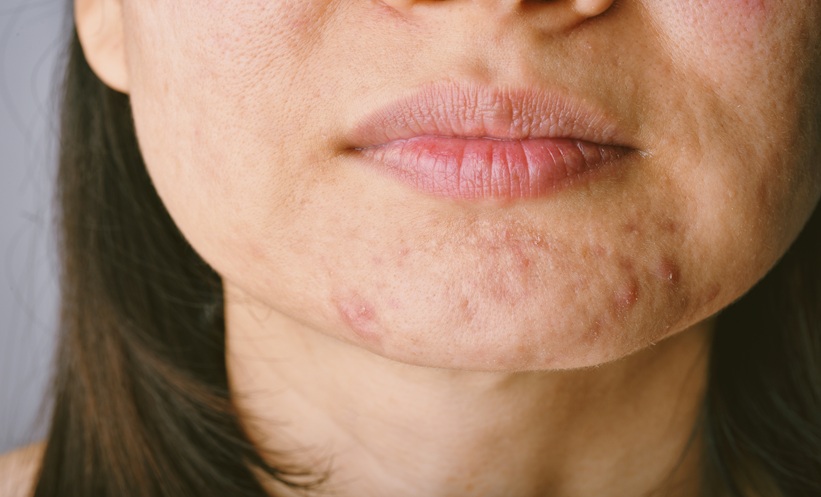PERSISTENT acne scarring remains a major concern for patients and clinicians alike, with many individuals turning to invasive procedures in search of effective relief. Now, a comprehensive new review analyzing a decade of studies has mapped the evolving landscape of acne scar treatments, drawing attention to innovative therapeutic strategies and the growing emphasis on individualized care.
The review examined 26 studies published between 2013 and 2023, each selected for relevance to acne scar interventions, full-text English-language availability, and methodological rigor. Researchers systematically extracted data covering participant demographics, intervention details, measurement tools, treatment durations, and reported outcomes. The final analysis revealed not only the diversity of scar types and responses to treatment but also the increasing trend toward personalized regimens that address the unique presentation of each case.
Key findings emphasize the importance of tailoring treatments based on scar morphology and severity. For many patients, monotherapy may be insufficient; instead, combination approaches, blending techniques or products, may offer improved outcomes. These findings reflect a growing shift in dermatological practice from standardized protocols to flexible, patient-centric strategies.
While the field has made significant strides, the study’s authors caution that continued research is needed. Larger trials and deeper investigations into long-term results will be critical for refining best practices and ensuring lasting improvements in patient quality of life.
This timely synthesis of current evidence reinforces that the future of acne scar care lies in personalization, ongoing innovation, and a willingness to embrace multimodal solutions for complex skin challenges.
Reference:
Raza M, Mahmood T. Advancements in Acne Scar Treatment: Exploring Novel Therapies. Dermatol Ther. 2024;37:e16479.








